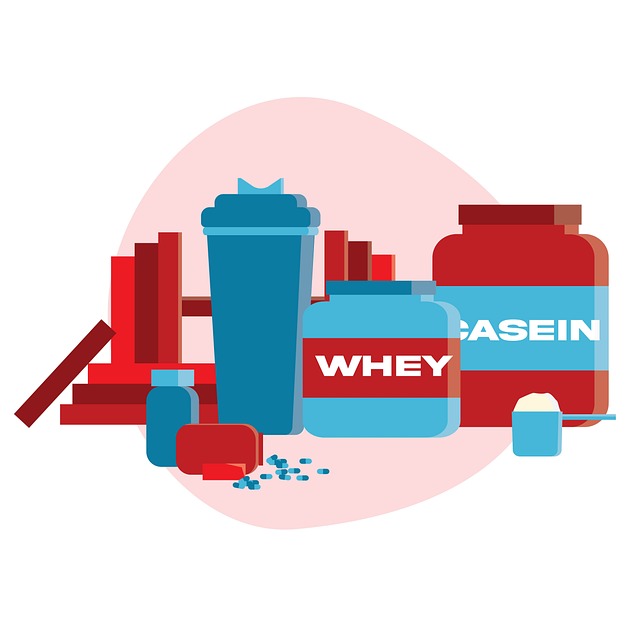Men's Health: Essential Tips for Wellbeing
Maintaining good health is crucial for men of all ages. This article explores key aspects of men's health, providing practical advice and insights to help you lead a healthier life. A well-balanced diet is fundamental to men's health. Focus on consuming a variety of fruits, vegetables, whole grains, lean proteins, and healthy fats. Adequate intake of essential nutrients like omega-3 fatty acids, found in fish and nuts, can support heart and brain health. Limit processed foods, sugary drinks, and excessive alcohol consumption to maintain a healthy weight and reduce the risk of chronic diseases.

Regular Exercise and Physical Activity
Incorporating regular exercise into your routine is vital for overall health. Aim for at least 150 minutes of moderate-intensity aerobic activity or 75 minutes of vigorous-intensity activity per week. Include strength training exercises at least twice a week to maintain muscle mass and bone density. Activities like brisk walking, cycling, swimming, or team sports can improve cardiovascular health, boost mood, and help manage stress.
Mental Health and Stress Management
Mental health is an integral part of overall wellbeing. Men often face unique challenges in addressing mental health concerns due to societal expectations. It’s important to recognise signs of stress, anxiety, or depression and seek support when needed. Engage in stress-reducing activities such as meditation, mindfulness, or hobbies you enjoy. Don’t hesitate to talk to friends, family, or a mental health professional if you’re struggling.
Regular Health Check-ups and Screenings
Preventive care plays a crucial role in maintaining good health. Schedule regular check-ups with your healthcare provider to monitor your overall health and catch potential issues early. Important screenings for men include blood pressure, cholesterol levels, diabetes, and certain cancers like prostate and colorectal cancer. The frequency of these screenings may vary based on age, family history, and individual risk factors.
Sleep and Rest
Adequate sleep is essential for physical and mental recovery. Aim for 7-9 hours of quality sleep per night. Establish a consistent sleep schedule and create a relaxing bedtime routine. Avoid screens before bed, limit caffeine intake in the afternoon, and ensure your sleeping environment is comfortable and conducive to rest.
Health Considerations for Different Age Groups
Men’s health needs can vary with age. Here’s a general guide to key health considerations:
| Age Group | Key Health Focus Areas | Recommended Screenings |
|---|---|---|
| 20s-30s | Establish healthy habits, stress management | Annual physical, STI testing |
| 40s-50s | Heart health, weight management | Blood pressure, cholesterol, diabetes screening |
| 60s and above | Bone health, cognitive function | Prostate exam, colorectal cancer screening |
Prices, rates, or cost estimates mentioned in this article are based on the latest available information but may change over time. Independent research is advised before making financial decisions.
Remember, these are general guidelines. Always consult with your healthcare provider for personalised advice tailored to your individual health needs and risk factors.
This article is for informational purposes only and should not be considered medical advice. Please consult a qualified healthcare professional for personalized guidance and treatment.




